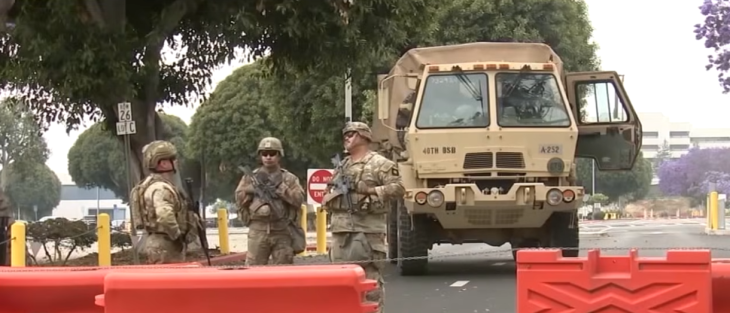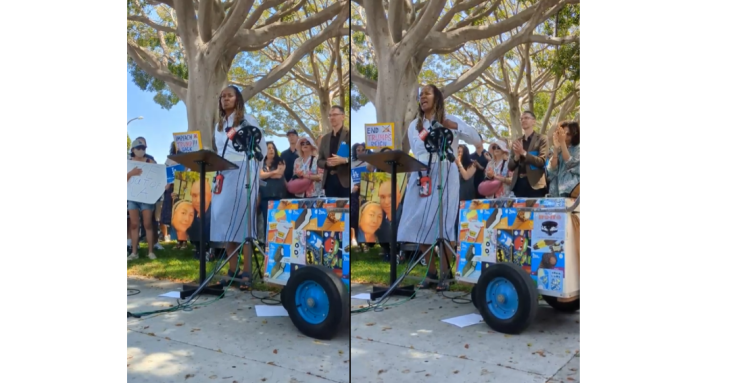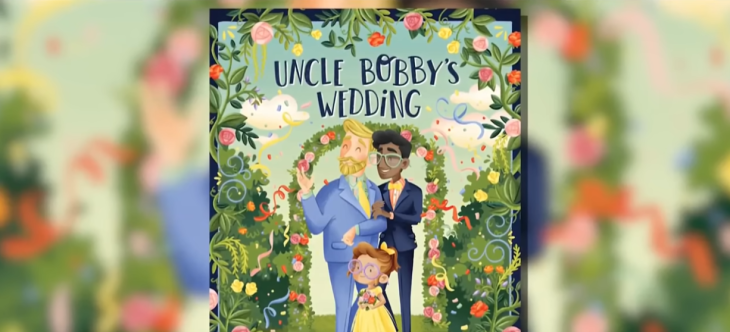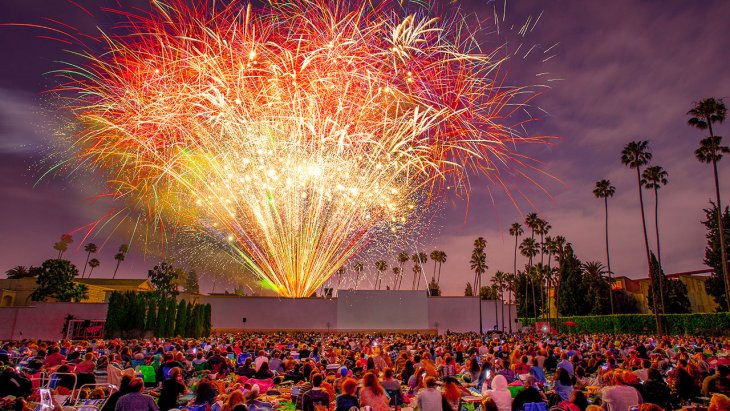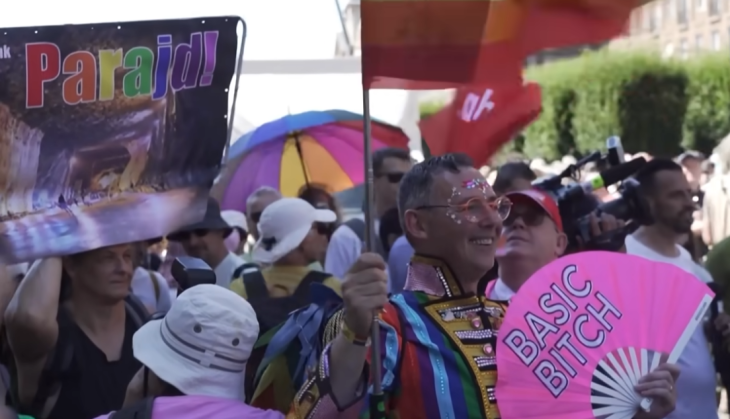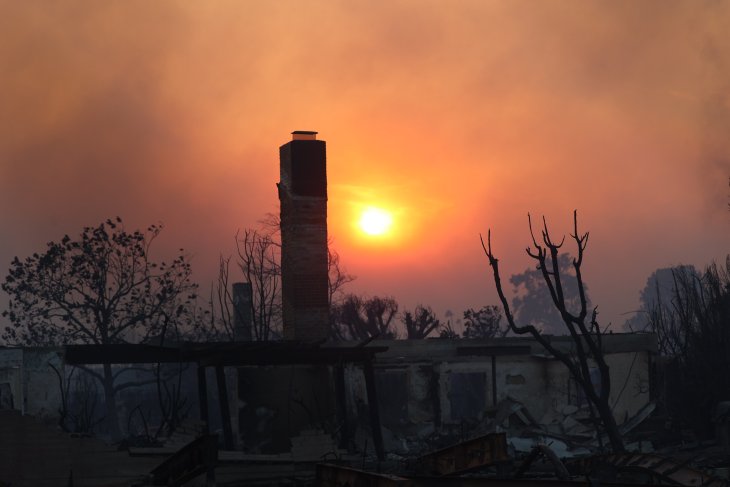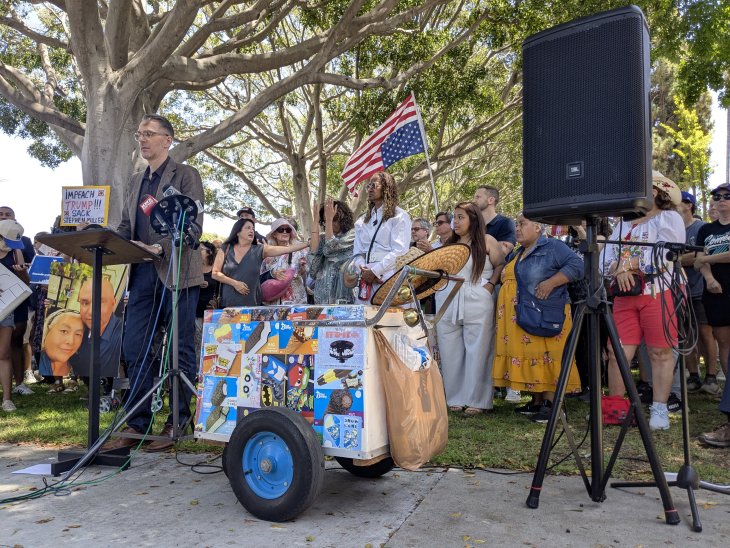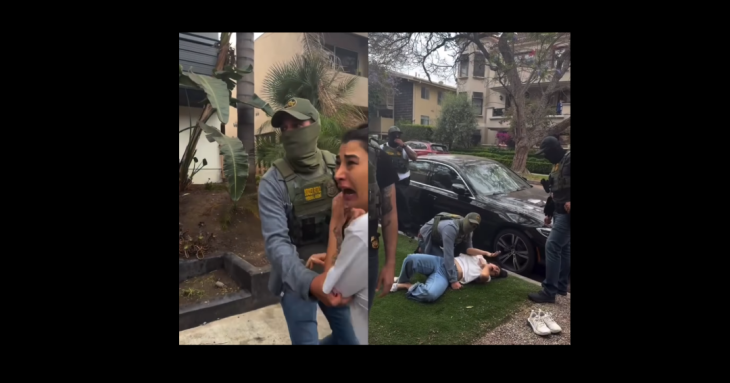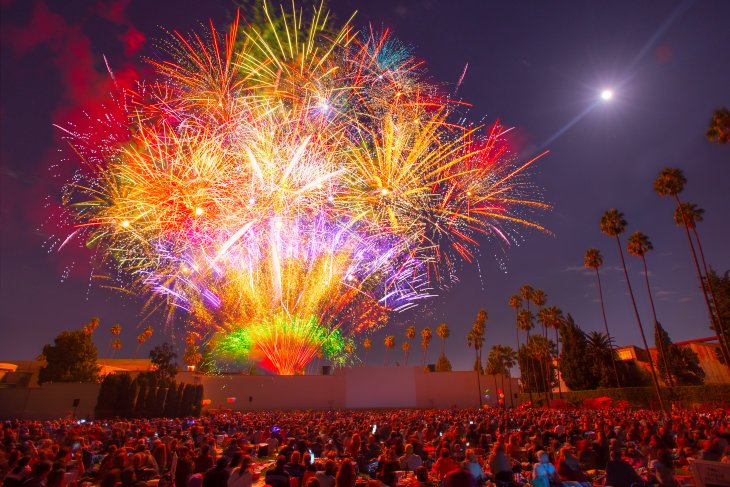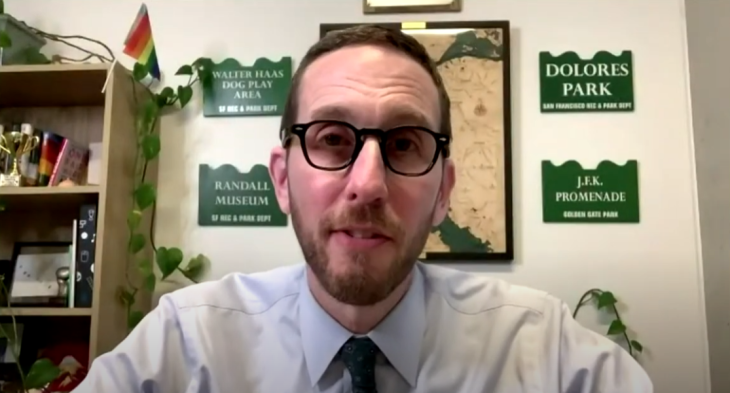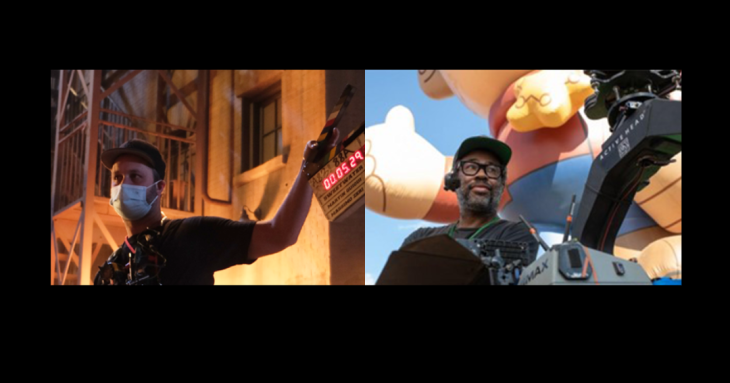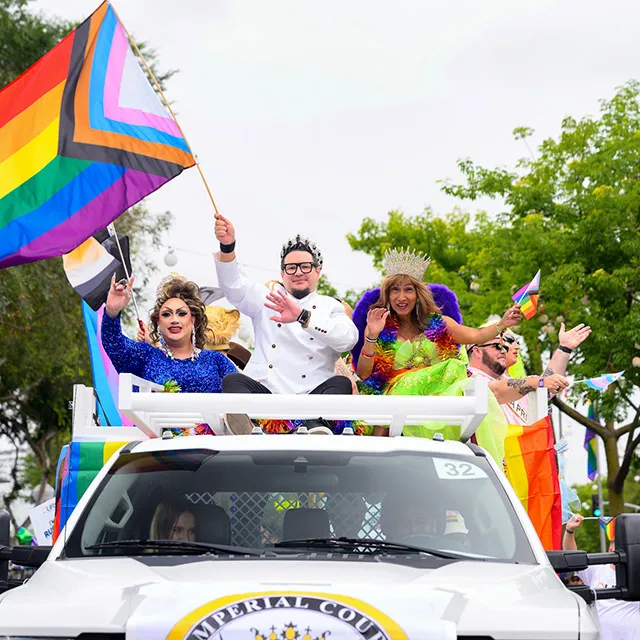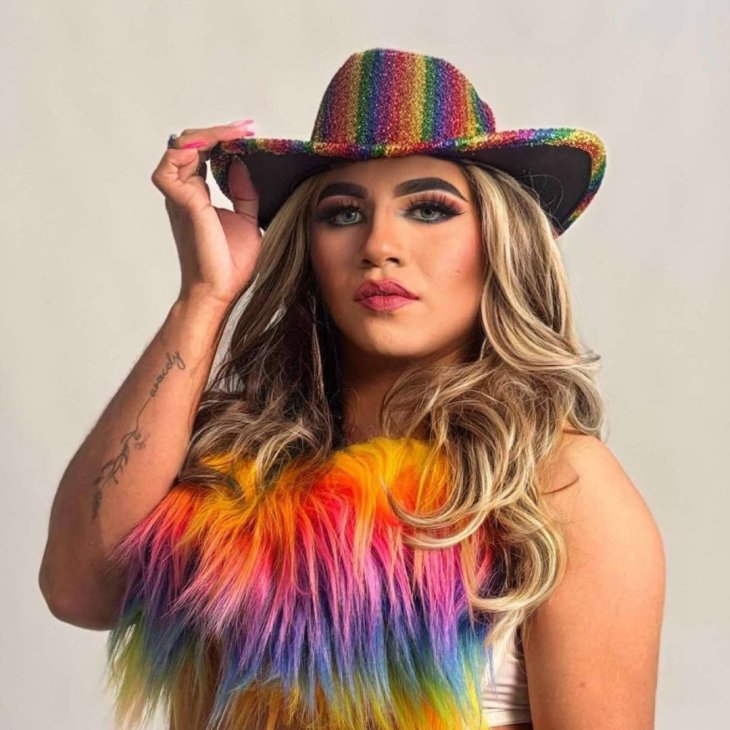
BY TROY MASTERS | (An update to this story is posted here and a version of this story was also published here) It was love at first sight. And so it will be until the last breath.
“The second I saw Takashi I knew he and I would be together forever,” said a teary-eyed Dale Green, 85, a Korean War Veteran. “There wasn’t even a slight chance that we would not be. It was love at first sight and it was profound and mutual. We both knew that, then and there…and still.”
Thirty-one years ago, when Dale and Takashi Nakaya, 53, met while working in a textile factory in Lima, Peru, the world was a very dangerous place. Open hatred of homosexuals was a menacing danger made all the more lethal by AIDS hysteria. Peru was engaged in an increasingly violent armed conflict with rebel forces intent on replacing the Peruvian state. No aspect of life in Peru was stable. Takashi, a person of Japanese heritage with a Japanese passport, felt the heat of oppression and feared violence. Dale, an American citizen, was adamant that they flee.
But for bi-national gay couples in 1985, immigration options were non-existent. Takashi was unable to obtain a visa to the United States and Dale would not leave Takashi to stay alone in an explosive Peru. So, they decided to move to the safety of Japan, a place where Dale would not have trouble obtaining, at the very least, a tourist visa.

In Japan, the couple flourished. They built a beautiful life full of friends and a traditional Japanese home full of love. From Japan, they traveled the world together—their home is decorated with photos of the couple’s travels: Egypt, Istanbul, Mykonos, Paris, Amsterdam, Rome, Berlin, Peru, Mexico, New York, Los Angeles…
Their strategy to remain together required Dale to leave Japan every 3 months so as not to violate his tourist visa. Because gay relationships in Japan have almost no legal standing, Dale was never able to satisfy Japan’s requirements for obtaining residency.
“I knew that every time Dale left Japan there was a chance he’d be unable to return,” said Takashi. “We sometimes imagined reversing our strategy, with me using my Japanese passport to enter the U.S. on a tourist visa and departing every few months, but we loved Japan and since I had a career we never gave it more than passing thought.”
As the years passed, Dale and Takashi settled into the routine. Peaceful, always polite Japan was never a place that homophobia or politics would be a disruptive force. As long as Dale was able to re-enter Japan, all would be fine.
But the realities of growing older can disrupt everything.

In August, while at home in Toyohashi with Takashi and their dog, a Golden Retriever named Mimi, Dale suffered what appeared to be a stroke and was rushed to a hospital. He stayed a few weeks and was never given a thorough diagnosis. “We were alarmed at their lack of urgency,” Takashi said.
“Dale has always thought things out several steps ahead. He’s a master of anticipating obstacles and making sure the path is as smooth going forward as he can possibly make it,” Takashi said.
When doctors told him that his hospital stay would likely be an extended one, an alarmed Dale spent the night mulling his options.
Takashi explained the obstacles: “Japan has an incredibly complex medical system. With Dale, the complications quickly became extreme. He could not overstay his visa. Veterans benefits, SocialSecurity, and Medicare are essentially useless abroad. Even though there is a VA hospital in Japan, Dale did not qualify for treatment there because he is not an active service-member. Foreigners are not allowed to stay in Japanese hospitals without private insurance for more than one month. Dale was in the hospital on a cash basis. We were looking at going broke within days.”
Dale made a firm decision to leave the hospital and Japan.
By the time Dale and Takashi boarded a United Airlines flight, incurring the necessary cost of Business Class seats, Dale was beginning to experience impairment in his limbs and was unable to walk. His right side was weakening rapidly and his left side was no longer mobile. On arrival at LAX, Dale and Takashi took an Uber to the Emergency Room of the Veterans Administration Hospital in West L.A. Dale had planned it that way. “He felt that an ambulance would not give us choice of hospital,” Takashi said.
On arrival, the VA doctors immediately worked to establish a diagnosis. Within 24 hours, doctors had identified several areas of swollen lesions on Dale’s brain. In discussing the results with Dale, they learned that, years earlier, he had been treated for Melanoma on his nose. The information led doctors to order a full body scan that revealed several other areas of lesions on his abdomen, his liver, his lungs, and bone. Stage 4 Melanoma requires radiation therapy and possibly chemotherapy, he was told.

The information was incredibly hard to take. But, aside from his own mortality, Dale began to seriously think about Takashi’s well-being and future.
In recent months, they had discussed taking a trip to the U.S. together so that they could get married. But, because they live in Japan, a country that does not recognize same-sex marriages, a U.S. marriage, as they understood it, offered them little. They felt “married” already. All of their friends around the world knew they were a couple.
In many ways, partly because they live abroad, they were simply uneducated about the benefits and protections marriage equality offers gay couples. Even though there was a lot of news in Japan about marriage equality becoming law in the U.S., that news focused narrowly on the fact that some people wanted it and others opposed it.
For couples living in marriage equality “hostile” nations, the benefit of marriage is vague and may not frequently be discussed.
Dale, a lifelong Republican, did not understand until it was explained to him that gay marriage was U.S. law. “I never dreamed of such a thing,” he exclaimed. “The Supreme Court ruled that way? Well, that’s just astonishing. That’s something I’d want to do for Takashi,” he said as he became wide-eyed and straightened in his chair. When told that Trump and the Republicans have promised to rescind Marriage Equality if they win in November, he paused and simply said “Neither is going to happen.”
Dale and Takashi did not fully appreciate, for instance, that in the U.S., and other countries that honor same-sex marriages, their relationship would be recognized to the fullest extent of laws granted to heterosexual married couples, including surviving spousal benefits and all legal protections. The U.S. would recognize their spousal rights whether or not their country of residence recognized them.
The clock was ticking for Dale and Takashi.
Takashi had to return to Toyohashi to care of their home and to return to work. But the separation was too painful to bear and they decided that getting married would be a wonderful way to mark their love for one another and to solve many of their problems.
Because of Dale’s condition it was impossible to get married in the ordinary way. He could not leave the hospital and go to a marriage bureau to get a license or hold the required ceremony outside of the hospital.
West Hollywood City Councilman John Duran suggested a notary wedding and put the couple in touch with various officials who could help with suggestions to arrange it.
Dale and Takashi hired Chris Robinson, known as the Officiant Guy, to come to Dale’s Veterans Administration bedside and conduct the wedding. Mr. Robinson’s role is to notarize all of the necessary identifying documentation and other information required to obtain a marriage license, and then fully process it through a marriage bureau. He also performs wedding ceremonies.
Nationally recognized, immigration attorney, Lavi Soloway, who famously won the historic green card case of another gay bi-national couple, Anthony Sullivan and the late Richard Adams on the basis of their 1975 marriage, and who specializes in all aspects of U.S. immigration law, was urgently hired by Dale and Takashi to represent the couple.
According to the couple, Soloway filed a marriage-based green card petition immediately after the ceremony, thereby initiating a process that will ensure that Takashi and Dale are protected under the family unification provisions of U.S. immigration law, including if Takashi is forced at some point to conclude his case as a widower.
Everything was magical.
As Dale and Takashi waited for Mr. Robinson, a team of doctors entered the room and explained to Dale that his situation was dire and that Stage 4 Melanoma is very difficult for any patient to overcome. The doctors were matter-of-fact and resolute, but in a flourish Dale interrupted them and thanked them. “In just a few minutes a man is coming in here to marry me and Takashi. We have been together for 31 years and now is the time. I have to marry my man and get better so we can go back to Japan and live the rest of our time together.” The doctors were thrilled and tripped over themselves offering congratulations and best wishes.

Dozens of staff members—doctors, nurses, orderlies, secretaries, and social workers—lovingly flooded Dale’s private ICU room and surrounded the couple as Mr. Robinson conducted the Los Angeles Veterans Administration Hospital’s first same-sex wedding.

Their wedding was a distillation of all we have been fighting for these past 50 years. Love. Respect. The dignity of having the country you have served honor your love. Acceptance. Full inclusion.
Mr. Robinson asked: “Dale Robert Green, do you take this man, Takashi Nakaya, to be your lawfully wedded husband?” Dale, fighting back tears, managed to say “Yes, forever. Always.” Robinson continued his questioning. “Do you promise to hold him from this day forward, for better, for worse, for richer for poorer, in sickness and in health, to love and to cherish, until you are parted by death.” Dale, barely able to speak, gazing with an intense pride into Takashi’s eyes, said, “I do. I do. I do. I love him. I do.” Takashi’s answers were joyful and tearful and full of love, “I love this man with my whole self, my soul. I do. I do. Yes, I do.”

Once Robinson pronounced the couple married, the room erupted into dance and cheer, with hugs from the entire staff. It was a sincere expression of love and affirmation.
Takashi and Dale kissed repeatedly and told one another “I love you.” The expression on both of their faces was a mixture of bliss and astonishment. “For people to be accepting of us is one thing,” Takashi said with tears rolling down his face, “but to celebrate our love with us—total strangers—is something incredible.”

Takashi returned to Japan without Dale, but he left Dale with an incredible sense of hope and love. An iPad was set up so that they could communicate daily. Over the next two weeks, they were able to do so until Dale’s ability to respond faded.
It is unlikely that Dale will ever be able to return to Japan. On Thursday, doctors moved Dale into the Intensive Care Unit and informed him that he was no longer able to tolerate cancer treatment.
Always thinking ahead, he asked for removal of the Do Not Resuscitate Order he had previously committed to. Unable to speak he simply pointed to the purple band that denotes a DNR order and tugged at it and cried, “Cut.” His first urge was that he now needed to be reunited with Takashi, for both their sakes.

Takashi was able to communicate with Dale via Skype and, as he did, tears rolled down both of their faces. Dale gently stroked Takashi’s face on the iPad screen and tried his best to kiss his face.
Takashi is now en route to Los Angeles to be by Dale’s side.
A Gofundme.com campaign has been launched to help the couple take care of their mounting expenses.


